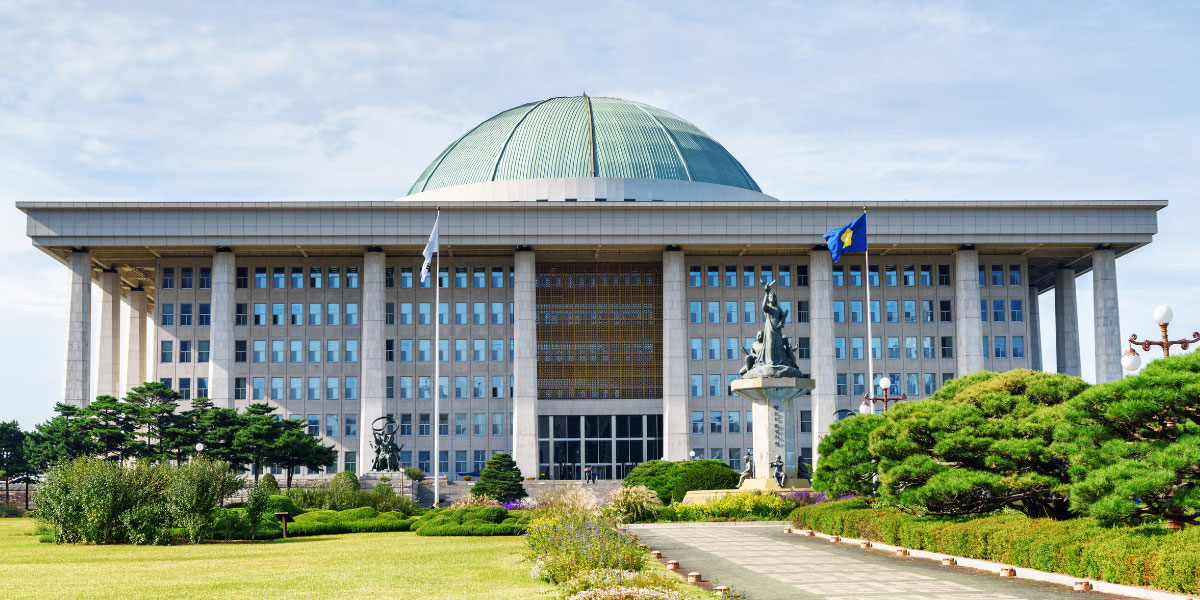The South Korean National Assembly approved the 2024 Tax Law Amendment Bill on 10 December 2024. The amendments will affect various tax regulations which include:
- Deferral of Crypto Gains Tax
The bill introduces a two-year deferral on the taxation of capital gains from cryptocurrencies, allowing individuals and businesses more time before facing tax liabilities related to crypto investments.
The capital gains tax on cryptocurrency transactions has been deferred to 1 January 2027 (originally set to apply from 1 January 2025). The tax will include a rate of 10% on the transfer price or 20% of the net gain, plus 10% local income tax, resulting in effective rates of 11% or 22%.
- Amendments to Global Anti-Base Erosion (GloBE) rules
The 2024 Tax Law Amendment in Korea introduces changes to the Global Anti-Base Erosion (GloBE) rules, aligning domestic tax law with OECD Model Rules, Commentaries, and Administrative Guidance.
One of the key updates is the introduction of a transitional UTPR safe harbour for jurisdictions with a nominal corporate tax rate of at least 20%. This safe harbour allows the top-up tax for the ultimate parent entity jurisdiction to be deemed zero during the transition period, which applies to fiscal years ending before 31 December 2026.
Multinational enterprises (MNEs) will have the option to choose between the UTPR and transitional country-by-country (CbCR) safe harbours for applicable jurisdictions. This measure is expected to reduce tax compliance burdens for US multinationals and will be effective for filings made on or after 1 January 2025.
Permanent safe harbour is also being introduced. The amendment sets criteria for simplified calculations under this safe harbour, which is intended to reduce the number of computations required by MNEs under the GloBE rules. However, the detailed methods for the simplified calculations are yet to be developed and will be outlined in a future administrative guidance. This permanent safe harbour will be effective for filings made on or after 1 January 2025.
The amendment also clarifies the application of the transitional CbCR safe harbour for joint ventures. Following updated OECD guidance, joint ventures and constituent entities located within the same jurisdiction will be treated as separate tested jurisdictions for purposes of applying the transitional CbCR safe harbour. This clarification is expected to bring greater consistency in the application of these rules for MNEs with joint ventures.
- Raising investment tax credit
Starting in 2025, the additional tax credit for incremental investments will be permanently raised to 10% for all technologies. Incremental investments are defined as amounts exceeding the average of the previous three years, with the additional tax credit granted on top of the base investment tax credits.
- R&D credit update for employment costs
The amended R&D credits for new growth, original, and national strategic technologies now allow the increased credit rate to be applied to the portion of R&D staff employment costs related to these technologies, provided the employee primarily engages in R&D activities for them.
Under the previous rules, if an employee also worked on general technologies, the general credit rate will be applied to the total employment cost.















